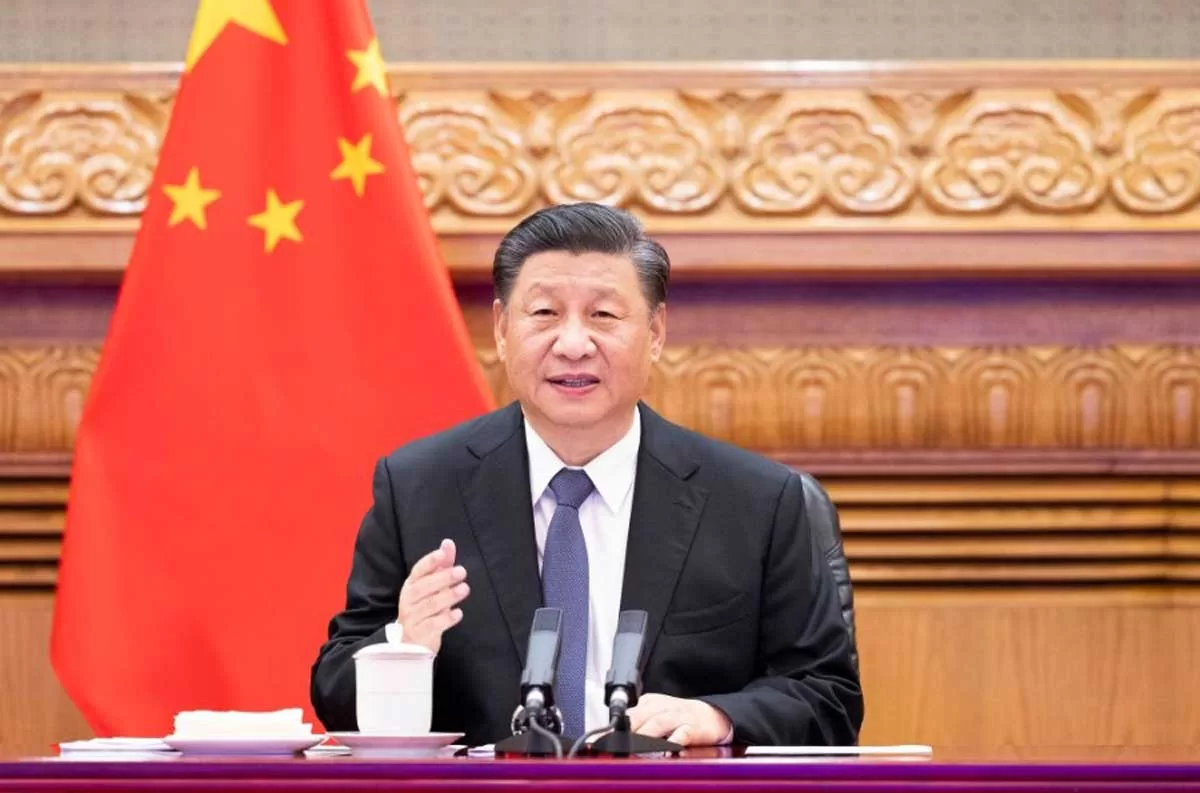The Western biases are arguably, unavoidable under the current challenging geopolitical circumstances. However, these biases should not obscure our vision and predetermine our judgement about the initiative. The GSI deserves a closer and a less politically loaded look; it is an important indicator of what the Chinese leadership wants, and also of what it does not want to see happening in world politics.
Above all, Beijing is not ready to happily embrace the emerging international bipolarity. It does not subscribe to the longstanding U.S. principle – “who is not with us, is against us.” Likewise, ideas like “Chimerica” or G2, which stand for a U.S.-China duumvirate managing world affairs for the rest of humankind, are not what Chinese leaders are looking for. This does not mean that international bipolarity will be avoided, but this is not China’s preferred choice.
The GSI suggests that the Chinese leadership strongly opposes any rigid and formalized hierarchy in the future international system. Beijing does not divide countries into small and large, weak and strong, poor and rich. Though countries differ a lot from each other in terms of their size, population, economic and military might, international stature and influence, each country has an inalienable right to security and sovereignty, and the right to independent engagement in the international system.
It is also worth mentioning that the GSI does not approach security in terms of “victory” and “defeat.” Global politics, as seen from Beijing, cannot be reduced to a zero-sum game, where gains by one group of actors automatically mean losses for another group of actors. On the contrary, in the end, both gains and losses are shared by all members of the international community. This approach implies that no exclusive blocks or closed alliances can provide for the “ultimate” security for their participants. In this quest for security, it is the international community at large, not only individual nations or groups of nations that will win or lose.
The principle of indivisibility of security is not limited to geography only. It also includes the interconnection between traditional and non-traditional dimensions of security. In today’s world, the concept paper argues, both the intension and extension of security are broadening. Security is more interconnected, transnational and diverse. Traditional and non-traditional security threats have become intertwined. This means that one should not focus exclusively on what is currently perceived as the greatest or the most urgent security challenge (e.g. nuclear weapons) without addressing other, even seemingly unrelated security threats (like cybercrime, climate change, or biodiversity). In other words, humankind has to come up with a multifaceted, and holistic, rather than a cherry-picking approach to common security challenges.
The holistic approach, however, does not necessarily mean a radical restructuring of the international system. In a sense, the GSI takes a rather conservative attitude towards specific mechanisms for restoring global and regional security. Unlike many other projects on how to save the world, the GSI is based on the strong belief that the UN Charter, as well as the fundamental purposes and principles of the United Nations are in no way outdated. The problem is not that the UN Charter has become obsolete or that its mechanisms look antiquated; the problem is that some members to the United Nations do not consistently abide by the UN principles and norms. Therefore, the most immediate task is not to invent another universal organization to replace the United Nations or to deeply reform the UN, but rather to get back to the spirit and the vision of the United Nations’ founding fathers.
An attentive reader of the GSI would also notice there a significant shift in Beijing’s understanding of the interconnection between security and development. Today, when geopolitics often overshadows the economy, it becomes very clear that security has its own logic and its own momentum. Therefore, the GSI implies a more complex relationship between the two most important dimensions of our lives: On the one hand, there can be no lasting security while basic development needs are not properly addressed, but on the other hand, there will be no sustainable social and economic development in a profoundly insecure environment.
The recognition of interdependence between security and development suggests that China is likely to become more active in global and regional security matters than it has been ever before. We are likely to see new Chinese proposals on strategic stability, regional security crises, non-proliferation and non-traditional security dimensions. Of course, China cannot handle this very broad agenda alone; it is also clear that some of the proposals coming from Beijing will meet suspicions and criticism. Still, a more assertive Chinese posture on the global security agenda is something that the rest of us should welcome and support.
From our partner RIAC
